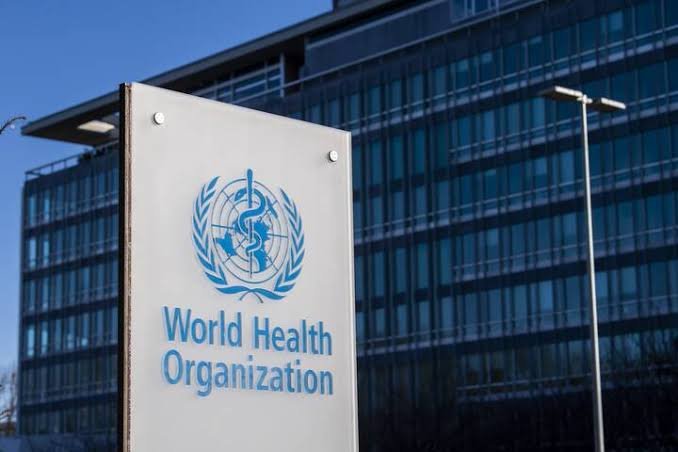ABUJA, Nigeria – The World Health Organisation (WHO) has called on Nigeria to prioritise research-driven health financing policies to accelerate progress towards Universal Health Coverage (UHC).
Speaking at the National Health Financing Dialogue in Abuja on Tuesday, Head of Unit at the Alliance for Health Policy and Systems Research, Robert Marten, stressed the need for Nigeria to treat health spending as an investment rather than a burden.
Marten highlighted the country’s challenges, noting that primary healthcare funding must rise from $7 to $30 per person while government allocations should increase from eight to 15 per cent of national expenditure.
He also urged Nigeria to scale up enrolment in the National Health Insurance Authority (NHIA) to reduce crippling out-of-pocket expenses.
Drawing from global examples like India’s tax-funded scheme covering 500 million people, Marten said Nigeria could adapt successful models by strengthening local research capacity, fostering partnerships, and institutionalising evidence-based policymaking.
Minister of State for Health and Social Welfare, Dr Iziaq Salako, added that at least 44 million Nigerians would be enrolled in health insurance by 2030 as part of President Bola Tinubu’s push for stronger domestic financing and expanded coverage.



